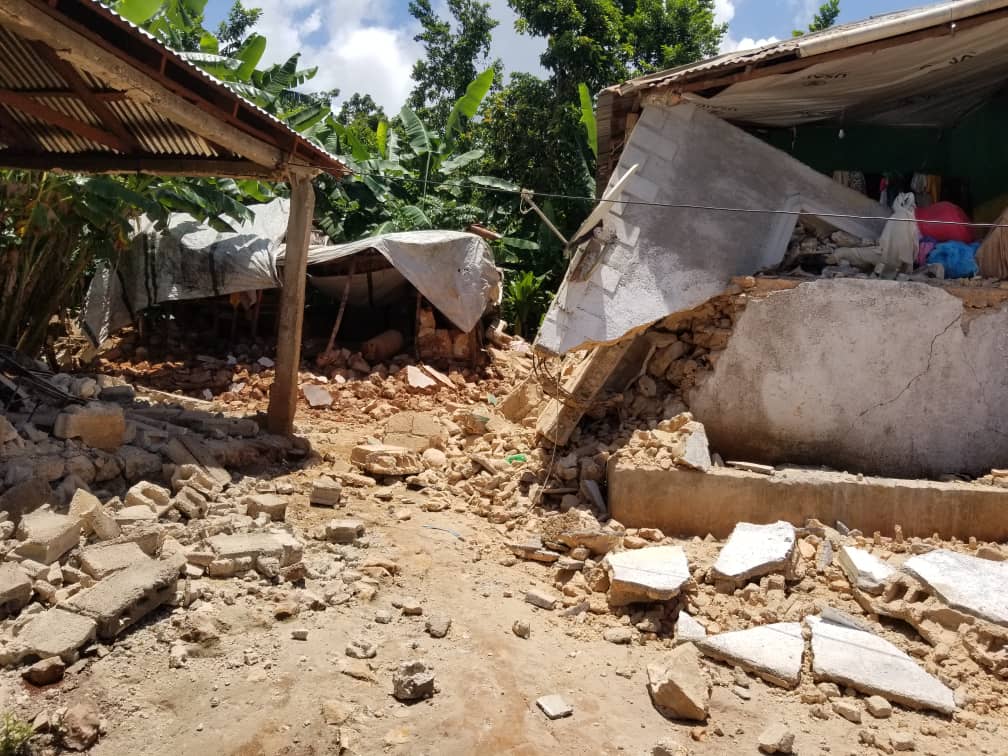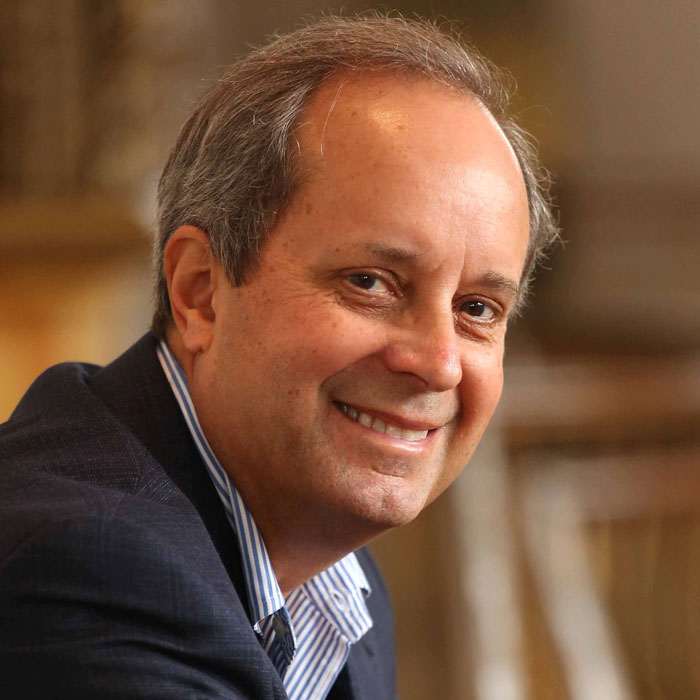Disaster, Chaos, and Building a Nation
Question: what word would you most associate with Haiti: earthquake, chaos, dysfunction, heartbreaking, progress? My guess is most readers will answer “all of the above.” Part of this perception is understandable. By their very nature, disasters are chaotic and disruptive. It shouldn’t be surprising that it sometimes takes a few days to create supply chains, […]
Question: what word would you most associate with Haiti: earthquake, chaos, dysfunction, heartbreaking, progress?
My guess is most readers will answer “all of the above.”
Part of this perception is understandable. By their very nature, disasters are chaotic and disruptive. It shouldn’t be surprising that it sometimes takes a few days to create supply chains, coordinate relief efforts and provide food and shelter against formidable odds. The immediate challenges can often be overwhelming and it is, in fact, remarkable what first responders are able to accomplish in these circumstances.
But part of the uneasiness is a result of an under-appreciation for the complexities of working in places where government and social structures are weak. Natural disasters disproportionally affect poor and vulnerable populations who were already struggling before a disaster hit. Lacking daily resources, bouncing back becomes even more difficult.
A prime example of these complexities is the country of Haiti. The earthquake that hit Haiti in January 2010 killed more than 200,000 people and left 2.3 million people homeless. A major cholera epidemic several months later killed nearly 8,500 people and affected nearly 700,000. Television coverage at first focused on the confusion of delivering humanitarian aid (point one above) and later on the billions of dollars in aid that flowed into Haiti, without noticeable improvements in conditions for thousands of people.
What’s missing from these reports is an appreciation for the fact that even before the earthquake, more than 60 percent of Haiti’s 10 million people were scraping by on less than $1.25 a day. At the time, the unemployment rate was estimated at approximately 40 percent. Chronic political instability and violence have plagued Haiti for decades. The country has one of the highest rates of HIV infection outside sub-Saharan Africa.
Clearly, the earthquake was not the start of Haiti’s problems.
So what is a private philanthropist to do? Is helping to fund immediate disaster relief in such a situation – maybe saving lives – shortsighted? Naïve? Can a small donor even make a difference, or is this something only governments and big multi-nationals should address?
On June 5 and 6, I attended the Haiti Funders Conference in Boston. Led by the Ansara Foundation and the W.K. Kellogg Foundation, I was curious to learn about the approach this small group of funders had taken to the overwhelming problems of Haiti. How did they think they could make a difference?
I learned that during the last five years, The Haiti Fund has provided over $2 million in 134 grants to community based organizations in greater Boston (the Haitian diaspora) and Haiti. Most importantly, it centered its grants on organizations they thought could help create systematic change over the long-term. A key focus was on improving the effectiveness and sustainability of its organizational partners. Another focus was on encouraging a more robust civil society that promotes more public participation and policy debate, one that optimistically can mitigate years of government dysfunction.
The hope of these grants is that they will not only rebuild organizations that experienced damage from the earthquake but contribute to creating a society that is more resilient, one that can lift people out of poverty as well as help them withstand the next natural disaster more successfully.
The keynote speaker at the conference was Laurent S. Lamothe, the Prime Minister of Haiti. One of his remarks stays with me: “You [donors] have given billions to emergency aid, but very little to building a nation. Please stay with us.”
The Haiti Fund seems to have heard the call by identifying ways to make systematic change that can also generate a more resilient society.
I’d be interested in hearing your thoughts. Did your organization invest in Haiti relief? What was the impact of your work? Are you involved in long-term recovery? I’d like to hear from you. Email me at bob.ottenhoff@disasterphilanthropy.org.
More like this

